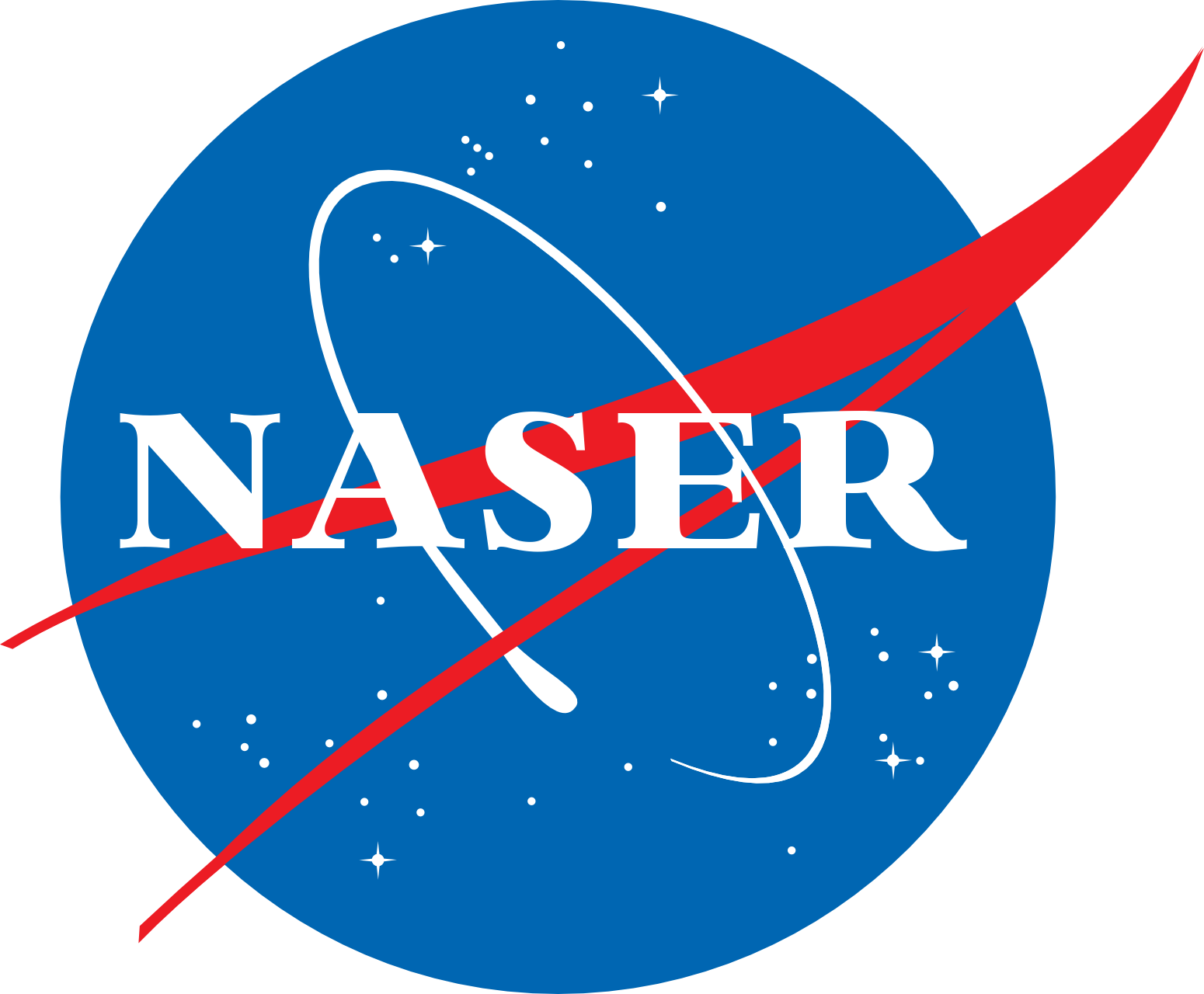Computer Science Is Where You Belong!
Written on March 19th, 2022 by Naser
What is in common between a 9th century Muslim polymath, a 19th century mathematician, a British WWII hero, and a 30-year-old obscure NASA employee? Bare with me as I explain.
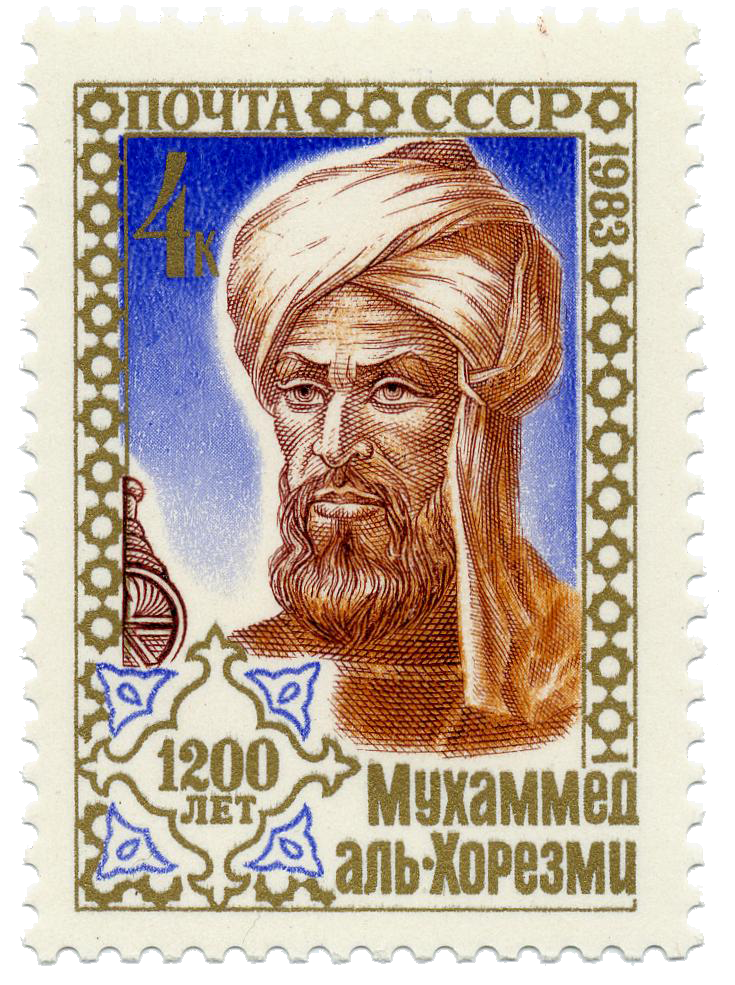
If you’ve heard of algorithms, or the set of steps followed by a computer to solve problems, then I must tell you about the guy who invented them! Muhammad ibn Musa al-Khwarizmi, beyond rocking the most dapper hipster beard in all of antiquity, he was a 9th century Muslim mathematician who contributed significantly to algebra and founded algorithms. Al-Khwarizmi’s Latinized name, Algorismus, turned into the name of the method used for computations, and survives in the modern term “algorithm”. Also, if you’ve used Arabic numbers (the numbers used in English today), then you owe this guy some thanks. All modern advances in Computer Science, from personal computers to self-driving cars, use algorithms to do what they do.
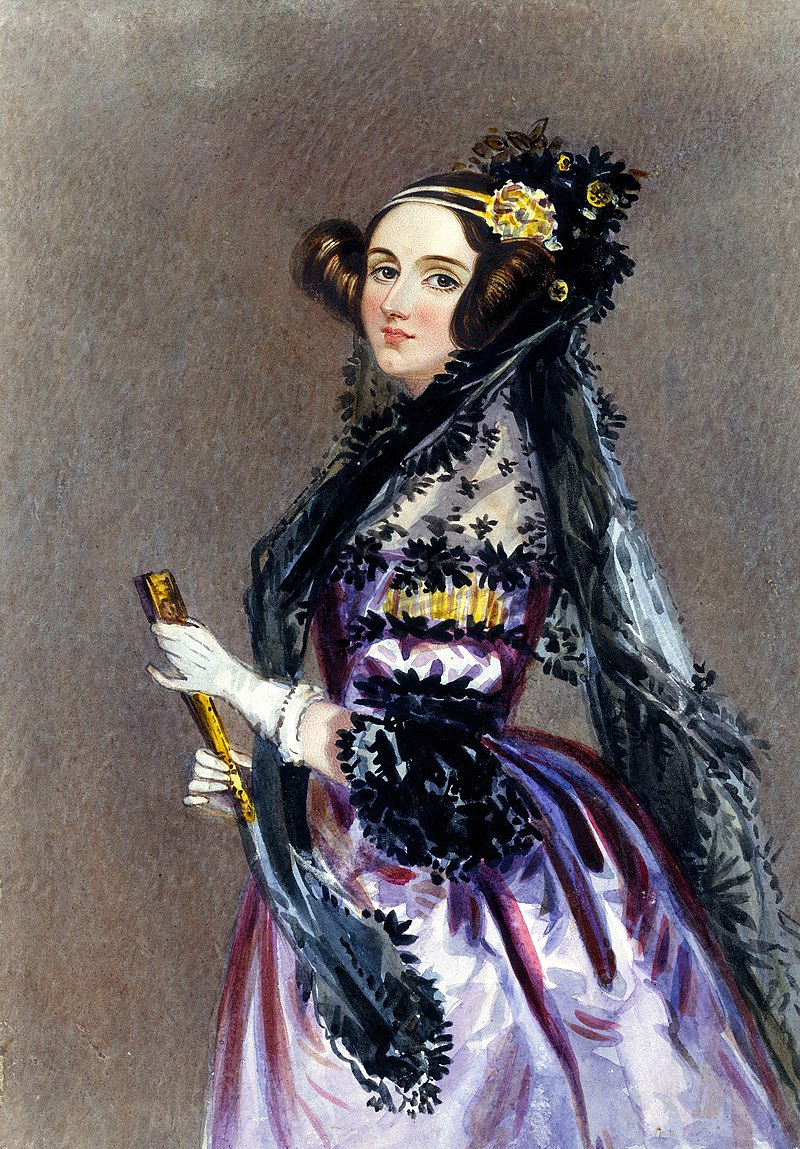
For centuries after al-Khwarizmi, computers were people who used algorithms to do fast calculations, and with the industrial revolution came mechanical computers that were faster than human computers. One of the computing pioneers of that era was Ada Lovelace, a 19th century mathematician who was the first to recognize the usefulness of mechanical computers beyond making calculations. Not only was she among the first people to think about general-purpose computers (like the computers we use today), but she wrote a programming language for them, IN THE 1800s!!!!! Therefore, lady Augusta Ada King, Countess of Lovelace (Super cool name, we must agree) is regarded as the first computer programmer. Her story is an embodiment of challenging gender roles, which at the time prohibited women from publishing and participating in science.
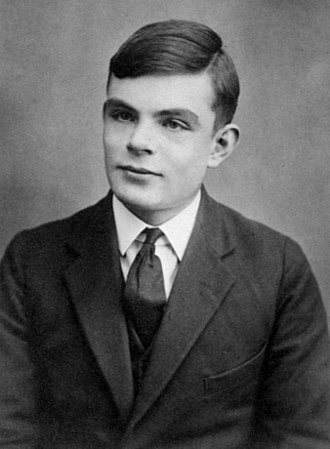
Lady Ada’s dream of general-purpose computers was not realized until the 20th century, at the hands of English mathematician and WWII hero, Alan Turing. One can write an entire book on Alan Turing, and actually the movie “The Imitation Game” is based on his life (Played by Benedict Cumberbatch, go watch it!). I don’t have space in this article to talk about Turing in details, so let me just list some of his accomplishments: Father of general-purpose computer, founder of Artificial Intelligence, father of theoretical computer science, decrypted the Nazi enigma machine, helped end WWII using computers. Sadly, he didn’t receive credit for his work, in fact he was prosecuted in 1952 for homosexuality. In 2009, Minister Gordon Brown made an official public apology on behalf of the British government for “the appalling way Alan Turing was treated”. And in 2019, a BBC television series, as voted by the audience, named him the greatest person of the 20th century.
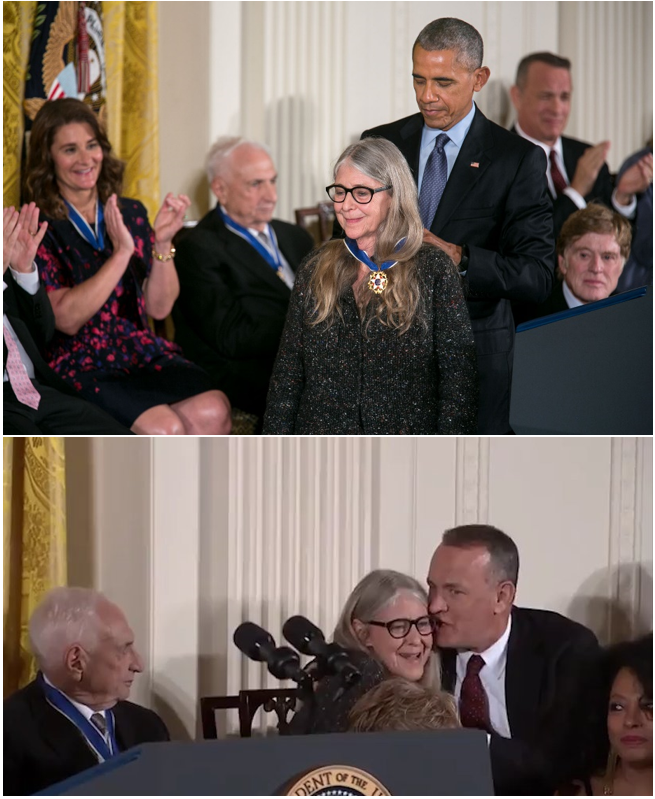
The story of computers continues with Margaret Hamilton, a 30-year-old obscure NASA employee who is credited with coining the term “software engineering”. Margret was the director of the Software Engineering Division of the MIT Instrumentation Laboratory, which developed on-board flight software for NASA’s Apollo program. She was among the first to encounter the modern problems associated with managing large software projects with many teams, and her recognition of these problems set the stage for discussions that lead to modern software engineering tools and solutions. She didn’t receive public recognition for her work which helped land humans on the moon, but on November 22, 2016, Hamilton received the Presidential Medal of Freedom from President Barack Obama in recognition of her work.
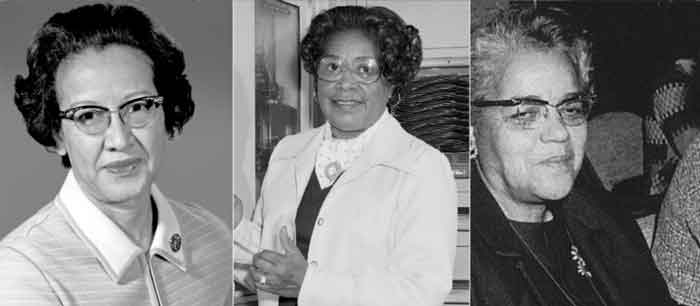
We can’t talk about NASA and the Apollo program without mentioning Katherine Johnson, Dorothy Vaughan and Mary Jackson. Their work helped calculate the trajectories that took the Apollo astronauts to the Moon, and they were champions for women and minorities in the space program and the world as a whole. Go watch the movie “Hidden Figures” to learn about their contribution.
This is only a subset of a very long and diverse list of great figures who shaped the world we live in with their contributions to Computer Science (I apologize in advance for missing many figures that should be in this article).
All I want to say in this short article, is that no matter your ethnicity, race, socioeconomic status, sex, gender, exceptionalities, language, religion, sexual orientation, programming experience, and geographical area you can succeed and lead in Computer Science. We welcome you, and we need you!
I hope that you will take a CS course soon. You never know, you might be the next character in this beautiful and diverse story of human perseverance. Computer Science is at its infancy as a field, and the future is yours to write!
